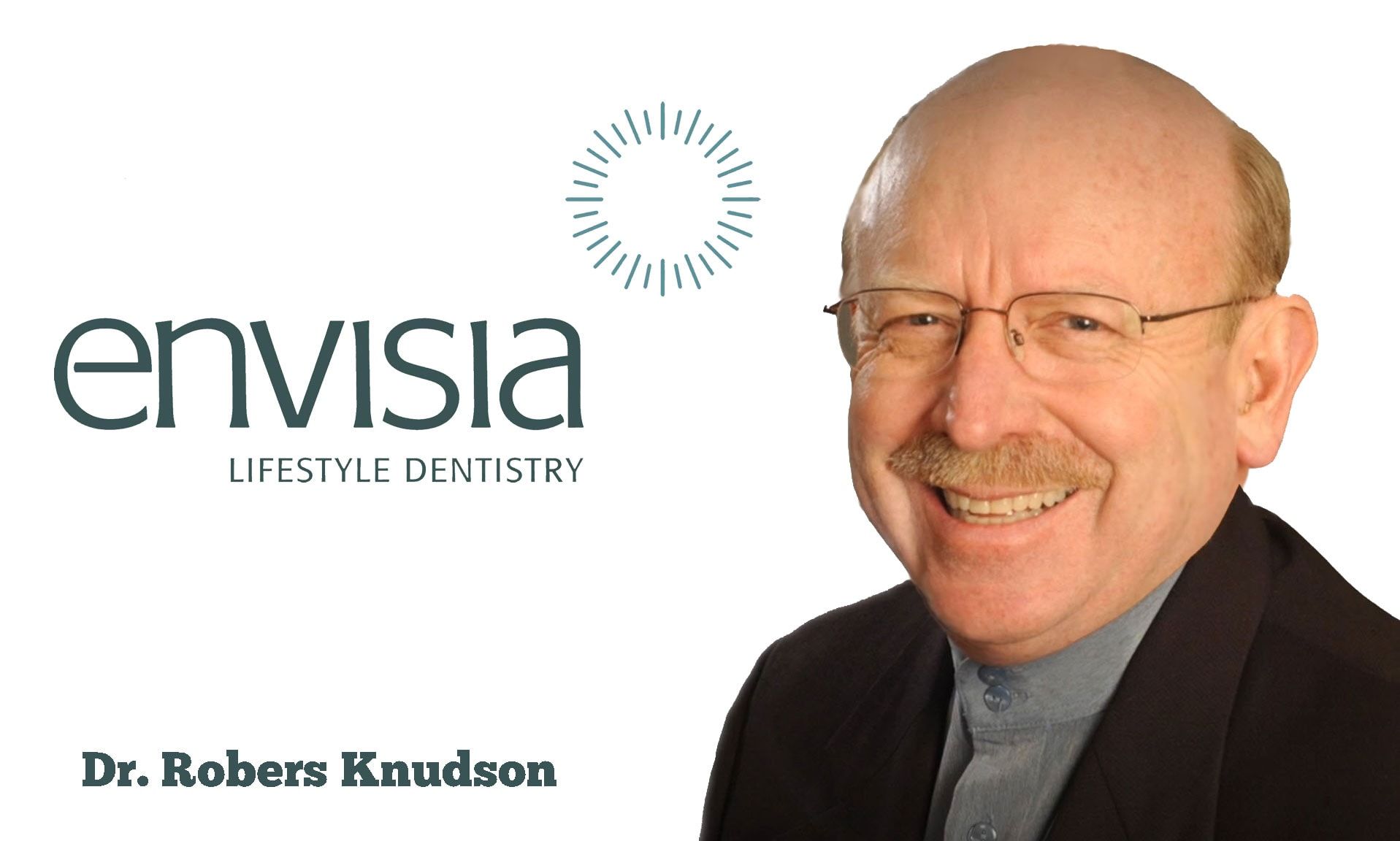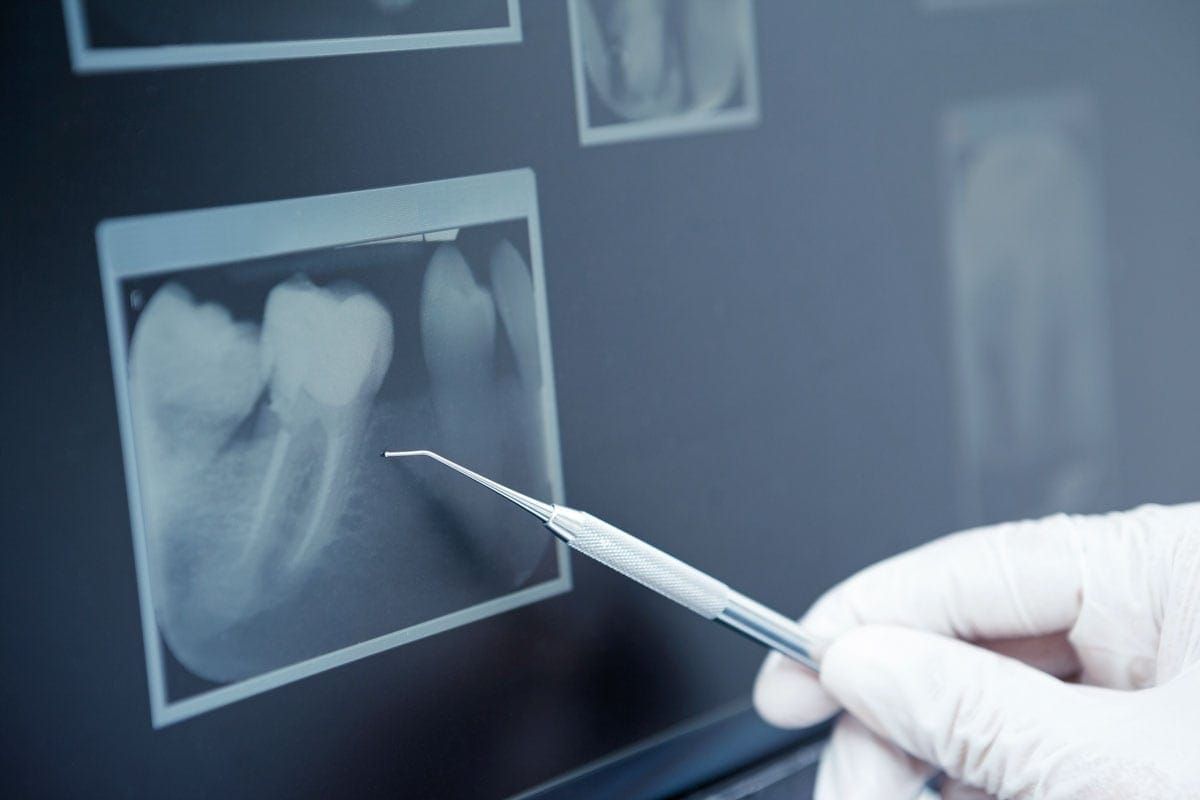When Should My Child Start Seeing the Dentist?
Chapter 1.
When should my child start seeing the dentist?
"When they have teeth." That's the short answer, but let's talk about it before they go and make a smooth transition from infancy to teen years.
So suddenly, you feel sick in the morning and are "late." Congratulations! Baby time is coming. Junior will be around soon, so let's start planning because the little bundle of joy will start growing teeth before the first diaper change.
Teeth are made of calcium hydroxyfluorapatite. Yes. That fluoride thing is important right from the start. It is undoubtedly more important to have enough time around when adult teeth are forming. Still, well-formed enamel on baby teeth can mean no experience with the "drill" until they are old enough to understand what is happening.
If there is fluoride in the water supply either naturally or by water district addition, there is no need for any additional fluoride. Excess fluoride during tooth formation may result in teeth with a noticeable discoloration: they are very decay-resistant but don't look so good. After teeth grow, excess fluoride helps prevent cavities, prolongs dental restoration serviceability, and lowers susceptibility to gum disease.
Despite all our efforts to get that done, Bellingham does not have fluoride in the water. As such, it is a good idea for pregnant moms here to ensure she is using fluoride toothpaste and maybe not rinse too much. Lynden does have fluoridated city water, so from here on, it only applies to non-fluoridated water areas and most well water around here.
Once a junior sees daylight, the pediatrician should recommend fluoride drops of proper concentration and chewable tablets until they are in middle school at least. My experience with my two daughters was not a single cavity in baby or adult teeth.
One is 33, and one is 27.
Chapter 2.
Start visits to the dentist when they are 18 months old if they have an older sibling going with them, or two years if not. I recommend they go to a pediatric dentist rather than your dentist (even me) for several reasons:
- Their offices are "kid friendly" because there are kid things to do, kid-themed decorations, and other kids around. It is not like the other doctor who gives them the "shots that hurt" (that's not me – the measles shot guy).
- "They are specifically trained to handle children's fears and questions."
- They receive extensive training in growth and development, allowing them to recognize facial growth trends that could lead to later orthodontic problems—early interceptive treatment to prevent these issues.
The pedodontists may care for kids up to high school depending on their office policies, but once kids are in their teens, they prefer to be in something other than a children's setting.
The critical point here is that you want the kids to have as few if any, bad experiences with going to the dentist. So many of my patients with the worst history of dental problems tell of the traumatic experiences as a child that made them not go as adults. The bad experiences need not be actual painful dental appointments, but simple ones where they felt out of control and not listened to or were "forced" to go with a harsh tongue.
Kids' dental experiences set the tone for the rest of their lives, so go early, use every preventive method available, and never use the threat of having to go to the dentist to change their behavior with food choices or brushing habits. Control their access to sugar and practice good follow-up with brushing. With teenagers, tell them their breath smells, and nobody will want to kiss them. It works well.







